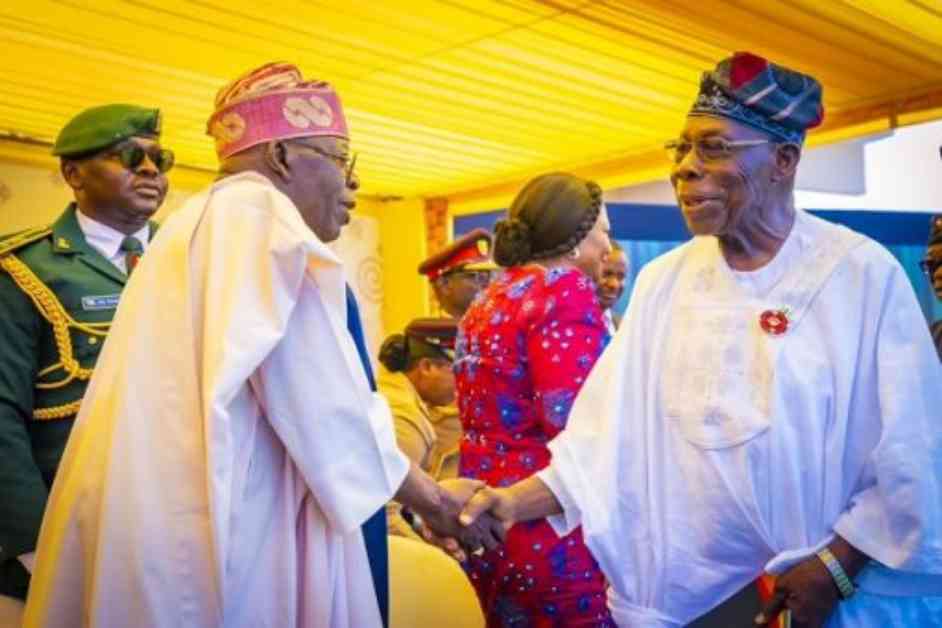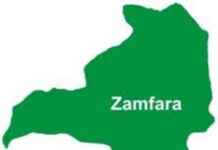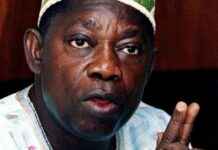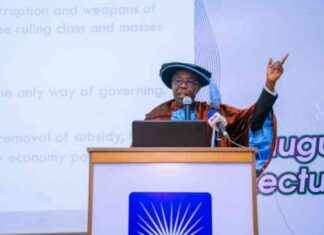President Bola Tinubu and ex-President Olusegun Obasanjo put aside their political disagreements as they both attended the inauguration of President John Mahama in Ghana on Tuesday. Mahama, 66, emerged victorious in the December 7 presidential election, marking his return to the political scene in the West African country. Initially serving as Vice President, Mahama assumed the presidency in 2012 following the untimely death of President John Evans Atta-Mills.
Tinubu and Obasanjo’s Gesture
The event, attended by various African leaders, witnessed an unexpected moment when Tinubu and Obasanjo exchanged greetings and shook hands, showcasing a rare display of civility despite their divergent political views. This gesture of unity amidst differing opinions highlights the importance of fostering respectful interactions, even in the face of ideological disparities.
Political Background
Obasanjo’s vocal criticisms of Tinubu’s administration, particularly regarding the refurbishment of Warri and Port Harcourt refineries, have been well-documented. In response, the Nigerian National Petroleum Corporation Limited (NNPCL) extended an invitation to the elder statesman for a firsthand look at the refinery operations. This exchange underscores the significance of constructive dialogue and engagement in addressing contentious issues within the political landscape.
Symbolism in Handshake
The symbolic nature of the handshake between Tinubu and Obasanjo transcends mere pleasantries, serving as a visual representation of the potential for reconciliation and cooperation in the realm of politics. In a world often characterized by polarization and discord, this simple yet profound act carries a powerful message of unity and mutual respect.
As we reflect on this unexpected moment of camaraderie between two prominent figures in Nigerian politics, we are reminded of the transformative power of empathy and understanding in bridging divides and fostering a more harmonious society. Let this instance of reconciliation inspire us to seek common ground and embrace dialogue as a pathway to progress and unity.















